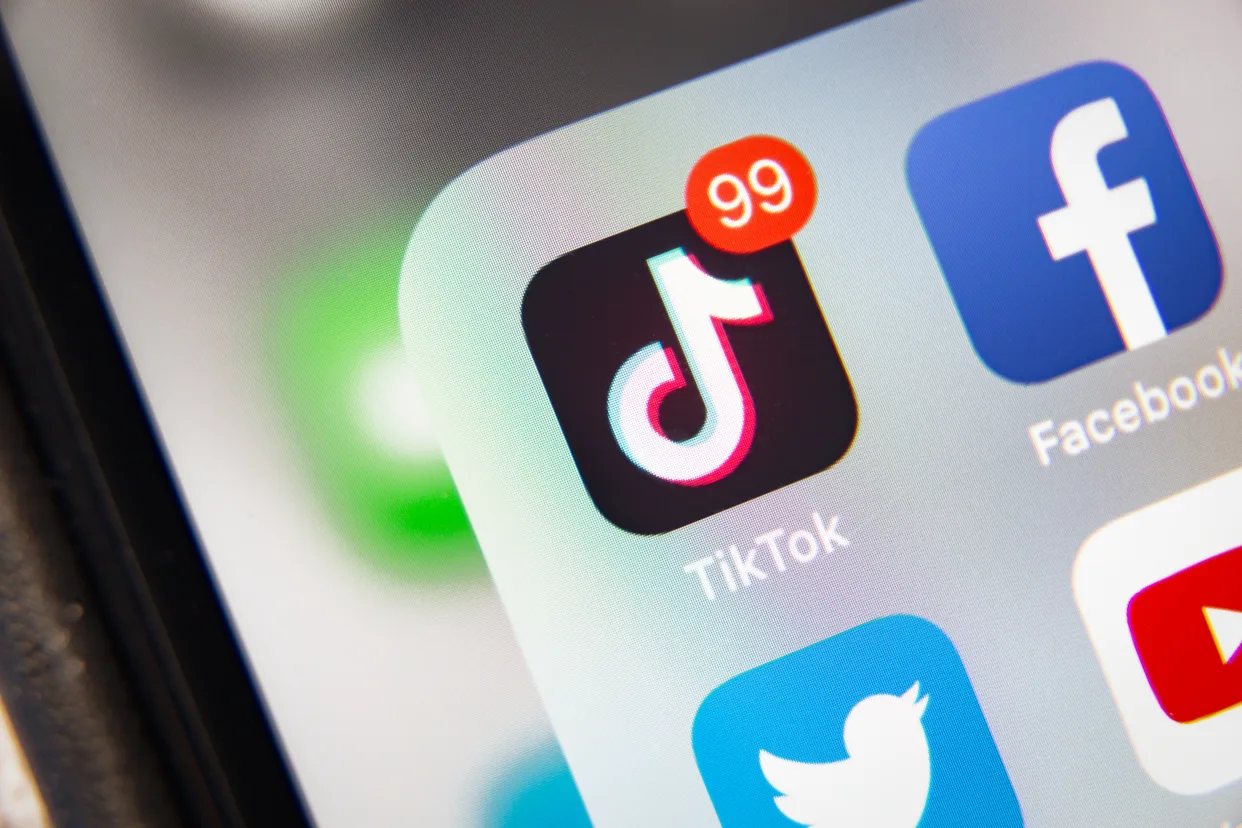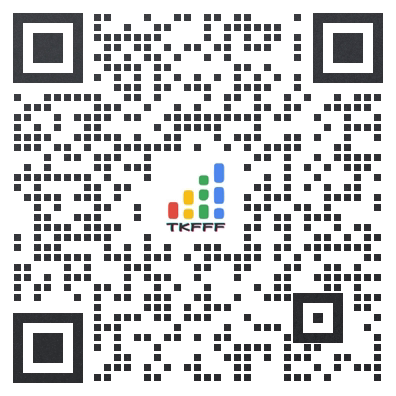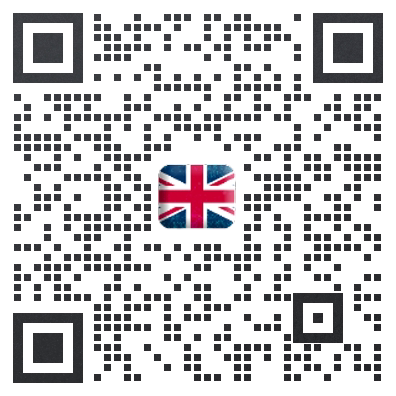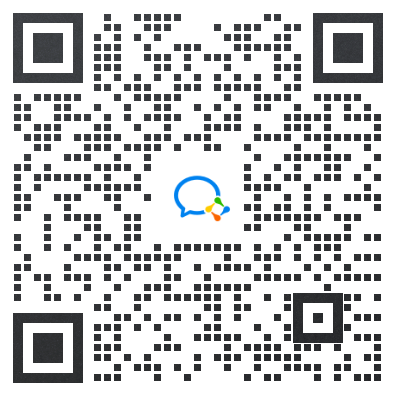
Cue the rage-toks. After years of “will they or won’t they,” U.S. lawmakers have successfully — at least for now — passed a bill that could lead to a total TikTok ban in the U.S.
The TikTok “divest-or-ban” bill, following a sweeping 360 vs. 58 vote from the House of Representatives and a 79 vs. 18 vote from the Senate, was signed into law by President Biden on April 24, 2024. With the bill now in effect, the clock for its central demand is, too. The bill requires TikTok’s China-based parent company, ByteDance, to either sell TikTok to a non-Chinese buyer by January 19, 2025, or face a complete TikTok ban in the U.S. There’s the possibility of a three-month extension, but that, lawmakers say, is it.
Or is it? Despite lawmakers’ bluster, the bill is already being fought, and a number of experts believe it won’t ultimately stand up to legal challenge. In the meantime, for the roughly 170 million Americans who love TikTok, many of us are left to wonder: could geopolitics really mean the end of our favorite sh*tposters and “get ready with me” accounts?
To make sense of all the confusion and headlines, we’ve rounded up everything you need to know about the TikTok ban bill — including it’s odds of being overturned.
How we got here: A brief history of the push to ban TikTok
Talk of a national TikTok ban began to brew as early as 2020 when Donald Trump attempted one via executive order, citing the potential for the app’s user data to be exploited by the Chinese Community Party. That order was revoked when Joe Biden assumed the presidency, and a new executive order said the U.S. would instead evaluate TikTok for risk using a “rigorous, evidence-based analysis.” Meanwhile, TikTok agreed to take additional steps to protect U.S. data through an alliance with Oracle.
But in 2022, TikTok data security fears were again stoked when FBI Director Chris Wray shared concerns over the app’s For You Page algorithm and whether it could be used by the Chinese government to “manipulate content, and if they want to, to use it for influence operations.”
Although Wray’s worries — which included that TikTok could be forced, per Chinese national security laws, to share data with the government upon request — were only speculative, anti-TikTok lawmakers like Sen. Marco Rubio (R-FL) were quick to use them as ammunition. And by March 2023, when TikTok CEO Shou Zi Chew was called to testify in a (bizarre) five-hour U.S. congressional hearing, many lawmakers seemed ready to take action against the app, despite their apparent lack of familiarity with it.
Ultimately, confusion over how and where TikTok stores its data helped usher the 2024 bill through. In the congressional hearing, Chew repeatedly denied the app gave its U.S. user data to the Chinese government or that the government had requested that data, telling Congress that ByteDance had not “spied on Americans at the direction of the Chinese Communist Party” — the primary complaint from suspicious Republicans. Similar assertions were made by other TikTok executives, like Chief Operating Officer Vanessa Pappas, who testified at an earlier Senate hearing that the company stores American user data outside of China.
A 2023 Forbes investigation found that user data specific to paid U.S. content creators is stored in China. TikTok clarified that this “creator data” is distinct from the types of user data covered in the hearing, saying “we stand by the statements made by our company executives to Congress.” But further reporting has poked additional holes in TikTok’s assertions that U.S. user data stays out of China; a Wall Street Journal investigation in January 2024 suggested that TikTok employees sometimes share U.S. user data with ByteDance offices outside of official channels.
That reporting, however, speaks only to where data is stored and if or how ByteDance employees have access to it — not whether the Chinese government does. Despite lawmakers conflating the existence of U.S. user data in China as proof the Chinese government must be exploiting it, the fact remains that U.S. intelligence has found no real proof of TikTok ever colluding with the Chinese government.
Despite TikTok’s threat remaining hypothetical, the TikTok “divest-or-ban” bill ultimately passed easily. Given that China has banned the export of Chinese-created algorithms, this essentially removes divestment as an option even if ByteDance wanted to sell TikTok (and they’ve said they don’t). Meaning? A ban, per the bill, may be the only option.
What’s the deal with the ByteDance? Are the security concerns valid?
If you’ve been trying to make sense of TikTok’s (potential) ban, you’ve likely spent time reading up on ByteDance, the app’s parent company. And you may be wondering: Is U.S. lawmakers’ issue with ByteDance or with TikTok? What’s the difference?
Nicknamed “App Factory” due to the number of mega-popular apps it’s churned out — with TikTok being just one of them — ByteDance was founded in Beijing in 2012 by then-27 year old software engineer Zhang Yiming. Although the company is global — in his congressional hearing, Chew testified that 60% of the company is owned by global investors, 20% is owned by Zhang, and the remaining 20% is owned by employees around the world — U.S. lawmakers have long zeroed in on ByteDance’s status as a “Chinese company.”
Of course, as a company based in Beijing, there are certain laws and norms that ByteDance is subject to. Like most other companies in China, ByteDance is legally required to establish an in-house committee composed of employees who are Communist Party members, and the company has also given the Chinese government a 1% stake in one of its key subsidiaries. But neither of those things proves the Chinese government is mining TikTok’s U.S. data.
It should be said that there has been at least one proven data misuse incident tied to ByteDance; in late 2022, the company confirmed it had fired its chief internal auditor for using journalists’ IP addresses and user data in an attempt to uncover source leaks at the company. But that incident remains separate from any claims of government interference.
Meanwhile, TikTok itself has never actually operated in mainland China and has also made moves to distance itself from ByteDance. The app, which was specifically built for non-Chinese markets, is headquartered in Singapore and Los Angeles. In his hearing, Chew confirmed to Congress that “TikTok, as a U.S. company incorporated in the United States, is subject to the laws of the United States” — in stark contrast to lawmakers’ efforts to brand the app as Chinese government-controlled.
So what’s really behind the TikTok ban bill?
Lawmakers’ focus hasn’t only been on national security and data privacy. Congress has taken an “everything but the kitchen sink” approach in taking issue with TikTok, citing child safety and accusations that the algorithm is addictive. The resulting mishmash of critiques has muddled good-faith criticism with groundless, ignorant reactions and concerns that would be more correctly applied across all social media platforms — and not just to TikTok.
As explained by Fight for the Future’s Evan Greer on CNN, while TikTok certainly does have a “surveillance and capitalist business model, which vacuums up as much personal information about users as possible and then uses it to serve content that keeps us clicking, scrolling, and generating ad revenue” — so do most major U.S. social media platforms, including Meta’s Instagram and Facebook, Snapchat, and X.
While all major tech companies’ handling of personal user data of course matters, the zeroing in on ByteDance’s Beijing headquarters as proof alone of TikTok’s data privacy risks smacks of Sinophobia, as pointed out by some politicians like Rep. Jamaal Bowman (D-NY). And in Politico, Zachary Karabell called the hostility at TikTok’s congressional hearing “a reminder that a hardening stance against China is one of the few areas of genuine bipartisanship.”
Still others are questioning the role that not just anti-Chinese sentiment, but anti-Palestinian sentiment played in the bill’s passage. Since the bill became law, at least two Republican lawmakers have, according to Rolling Stone suggested that the app fueled too much sympathy for Gazans, including Sen. Mitt Romney, R-UT, who said: “Some wonder why there was such overwhelming support for us to shut down potentially TikTok or other entities of that nature. If you look at the postings on TikTok and the number of mentions of Palestinians, relative to other social media sites — it’s overwhelmingly so among TikTok broadcasts.” (Worth noting, too, is that the TikTok bill was bundled with a foreign aid package that included $26.4 billion in aid for Israel, including $4 billion to replenish Israel’s Iron Dome missile defense system.)
And of course, there’s the question of money. As Justin Sherman wrote in Slate: “Some countries will look at the US seeking to expel a major Chinese tech company, one that is now competitive with US giants (and that Facebook wants to sink), and wonder whether it’s the US using national security as a cover to go after a rival of domestic social media giants.”
If it does go into effect, what would a TikTok ban look like?
Were a ban to go into effect, the app could get pulled from app stores, resulting in there being no way to download updates, but it couldn’t be removed from phones where it was already downloaded. Theoretically, if the U.S. followed the lead of India — where the app has been banned since January 2021 — the government could try and force internet service providers to block the app.
The potential consequences are severe, particularly for young people. Although some polls have asserted that as many as half of Americans approve of a forced sale or ban on TikTok, those polls often fail to show generational divides. A late 2023 survey from Pew Research Center found not only that a dwindling number of U.S. adults support a national TikTok ban, but that very few teens — just 18% — support it. For those who oppose the bill, many worry about the way a TikTok ban would wipe out an entire income source, particularly for young people: 80.3% of TikTok creators are 24 years old or younger.
And whether it’s the intention of lawmakers or not, many young people also say a TikTok ban would restrict their access to news and to advocacy efforts. Speaking to Teen Vogue, Nia Nostos, a 25-year-old military veteran who has been using TikTok for years said: “TikTok has proven to be a very effective tool in educating and organizing activists, not just when it comes to [pro]-Palestinian advocacy, but in many ways that counter the narratives that are more comfortable to establishment politicians. Politicians are really just scared that they can’t control the narrative anymore.”
So, will the TikTok ban work? Or will it be blocked by courts?
TikTok has already responded to the bill by suing the U.S. government, saying the bill violates the First Amendment by restricting free speech. The lawsuit also claims the bill violates TikTok’s Fifth Amendment right to due process by having effectively declared the company’s guilt without trial or proof.
Not long after, another lawsuit against the U.S. government was brought by eight TikTok content creators, who similarly said the bill had violated their First Amendment rights. One of the eight creators said in a statement: “Losing the platform would be losing not only my income but my most effective means of connecting with people around the world. I’m proud to be part of this lawsuit and to stand up for everyone who counts on TikTok like I do.”
The central arguments of both lawsuits have won support among some legal scholars, who say that citing unspecified national security concerns isn’t enough to justify a First Amendment violation. Ultimately, the legal proceedings ahead — which could go all the way up to the Supreme Court — mean it could take years before a ban were able to take effect.
In the meantime, though, access to the app has been, and is continuing to be, restricted on the state level. Thirty-nine U.S. states have banned the app on state-owned devices, and a growing list of colleges and universities have banned TikTok on school devices and from campus Wi-Fi. Montana even passed a bill banning TikTok downloads from app stores, a measure that was ultimately blocked by a federal judge.
As we wait to see what comes of the court challenges, TikTok in the U.S. remains fully legal (if not available on all devices and Wi-Fi networks). And, for his part, Chew says that TikTokers should expect things to stay that way.
“Rest assured — we aren’t going anywhere,” he told users in the wake of the bill passing. “The facts and the Constitution are on our side and we expect to prevail again.”
文章来源:Teen Vogue


TKFFF公众号
扫码关注领【TK运营地图】

TKFFF合作,请扫码联系!







 闽公网安备35021102002035号
闽公网安备35021102002035号